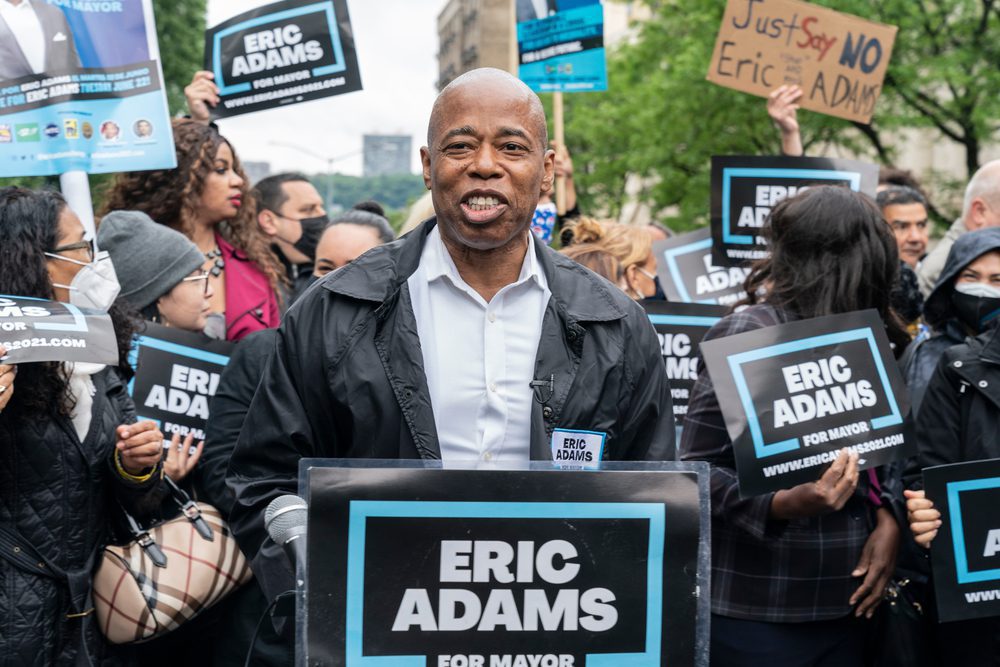 The more things change in America, the more they seem to stay the same. This means that if you are an African American, you pay more for goods in the stores in your community, have higher interest rates for your homes, and now, pay more for insurances just because of the color of your skin.
The more things change in America, the more they seem to stay the same. This means that if you are an African American, you pay more for goods in the stores in your community, have higher interest rates for your homes, and now, pay more for insurances just because of the color of your skin.
A study just released on the automobile insurance industry has revealed what many have suspected for a long time: African Americans are charged higher insurance rates and premiums than whites. By examining annual car insurance rates for a sample of men in New York City, the authors of the study observed that African American males, on average, pay more than $800 more than whites or Asians for their car insurance. The study, which was conducted by the online auto insurance quote provider 4autoinsurancequote.com, surveyed 600 male Manhattan residents and reported that Asian men paid $1945 per year and white men paid $2193 per year, compared to African American men who, on average, paid $2910 annually.
The authors also indicated that several variables contributed to their findings. In an effort to determine who is a high-risk driver, automobile insurance companies use a host of measures to determine individual rates, such as crime. If a person lives in a neighborhood with above-average crime or car thefts, he will incur higher fees. Moreover, statistics also contribute to rates, even when one doesn’t have a personal history of criminal behavior. Factors such as blacks being more than four times as likely as whites to commit car theft and seven times more likely than whites to be in prison contribute to higher rates.
Credit scores also play a role in determining auto rates, since many African Americans have much lower credit scores when compared to whites and Asians. Last, statistics show that African Americans are much less likely to get and stay married than people from other races. Marriage potentially lower rates when compared to single persons.
–torrance t. stephens, ph.d.














